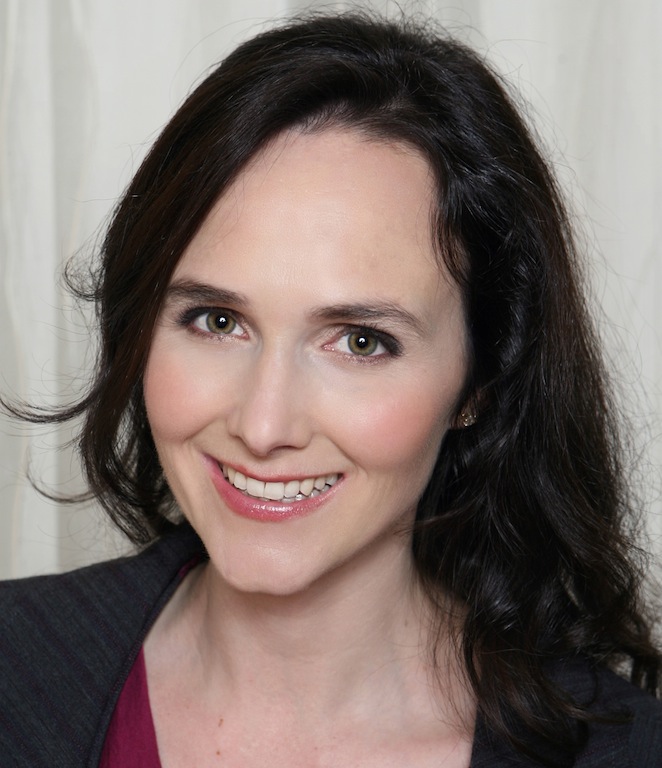As part of the whirlwind finale to the 2019 session, the Oregon Senate passed Senate Joint Resolution 18. Voters will see an initiative on the 2020 ballot to amend the state constitution to allow campaign contribution limits.
This could change the political game in Oregon.
If a majority of Oregon voters say yes, lawmakers at city, county, and state levels could set campaign contribution limits, require disclosure of contributions, and require political advertisements to say who paid for them.
It would let lawmakers and voters limit the outsized influence of wealthy donors and adopt innovative policies (like Seattle’s democracy vouchers) to amplify the voices of regular people. And, just maybe, it could stop shenanigans like corporate-backed politicians walking out on their jobs. After all, the lawmakers who fled Oregon to block a vote on the clean energy jobs bill were heavily backed by corporate cash—limiting that stream of funding could stifle their motivation to block progress at any cost.
Oregon is one of only five states with no limit on campaign contributions. (The others are Alabama, Nebraska, Utah, and Virginia). Oregon voters tried to fix it in 1994, when more than 72 percent voted in favor of strict limits—no more than $100 to candidates for state Senate and House and no more than $500 to candidates for statewide office. But in 1997 the state Supreme Court struck down the campaign contribution limits, saying they violated the free speech clause of the state constitution.
Article I, section 8, of the Oregon Constitution, says:
“No law shall be passed restraining the free expression of opinion, or restricting the right to speak, write, or print freely on any subject whatever; but every person shall be responsible for the abuse of this right.”
Thirty-seven other states have nearly identical free speech clauses in their constitutions, yet Oregon’s court is the only one to interpret it to prohibit limitations on campaign contributions. The lack of limits has long been a stain on Oregon’s good governance record, but the issue finally came to a boil in part due to the outrageously expensive 2018 gubernatorial race. In a state with just 4 million people, the two candidates for governor raised nearly $40 million between them, including a record-breaking individual contribution—Nike co-founder Phil Knight donated an eye-popping $2.5 million to Republican candidate Knute Buehler.
State lawmakers, apparently tired of dialing for mega-dollars, worked together to pass the joint resolution and did so with bipartisan support. If it passes, the 1994 limits will be reinstated. Many legislators felt those limits—up to $100 to Senate or House candidates and a maximum of $500 to other statewide offices—are too low, so they also drafted a companion bill to allow $1,000 for House candidates, $1,500 for Senate candidates, and $2,800 for statewide offices. Lawmakers couldn’t agree on the details and the bill did not pass this session. It could come up again during the short 2020 session.
If lawmakers pass a bill implementing campaign contribution limits and voters pass the constitutional amendment legalizing them, conditions could be ripe to implement statewide Democracy Vouchers. If Phil Knight can only write, say, a $1000 check and Oregonian voters could get $100 in democracy vouchers, every voter could essentially be as big a donor as Knight. Lawmakers might become as likely to listen to everyday voters as corporate interests.
Voters will have the chance in November to finally reign in outrageous campaign contributions in Oregon. This could change the tune in Salem from money-soaked zero-sum standoffs to more productive and earnest policy-making focused on what the people want.
Note: Multnomah County’s contribution limits are currently being challenged in court. If the proponents of Honest Elections Multnomah prevail, not only will the Multnomah County limits stand, but statewide limits that voters approved in a 2006 ballot measure will be reinstated. That year, voters approved contribution limits of $500 for statewide offices and $100 for senate and house races, but failed to approve the accompanying constitutional amendment, so the limits never took effect.
Kristin Eberhard is a director at Sightline. She researches, writes about, and speaks about climate change policy and democracy reform, with particular expertise on vote by mail and proportional representation. Find all her latest research here. For interviews, speaking engagements, and media inquiries, contact Anna Fahey.










Steve
Yea Bad Example. Look at all the Special Interest Money being poured into our
Seattle City Council Races on both sides in the next 4 weeks. Democracy Vouchers
does not solve any problems ! Yea a few more candidates that think they r qualified
to be elected servents. But don’t know anything !
Sam
The 800-pound gorilla in the living room that this article completely ignores is that the new law limiting campaign contributions will – as has occurred in Seattle – drive big dollars to coordinated independent expenditures that occur without any advanced knowledge by campaigns, making small campaign contributions largely irrelevant in the long run. Just this week, Seattle Councilmember Herbold acknowledged that financial support from democracy vouchers was insufficient for her to get her message out, and she has been one of the more successful candidates in attracting voucher contributions. I have tremendous respect for Sightline, but this article seems a bit like a puff piece extolling perceived virtues of a gesture that is unlikely to make a difference that matters.